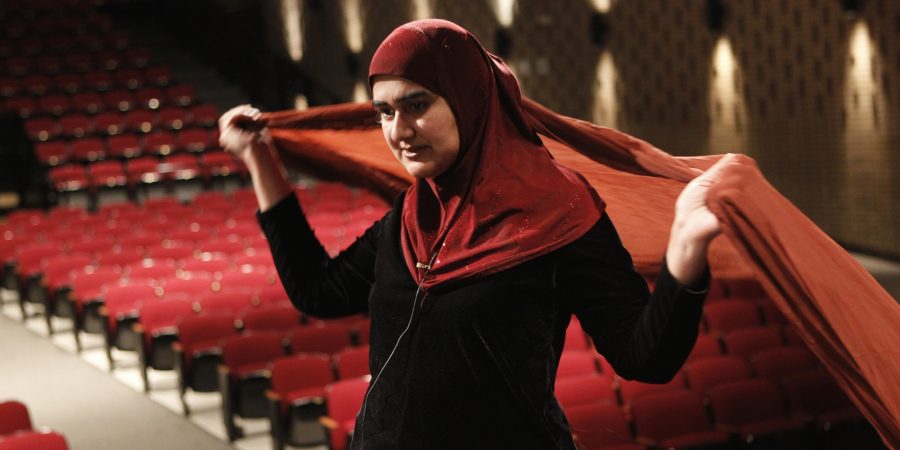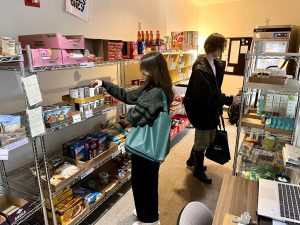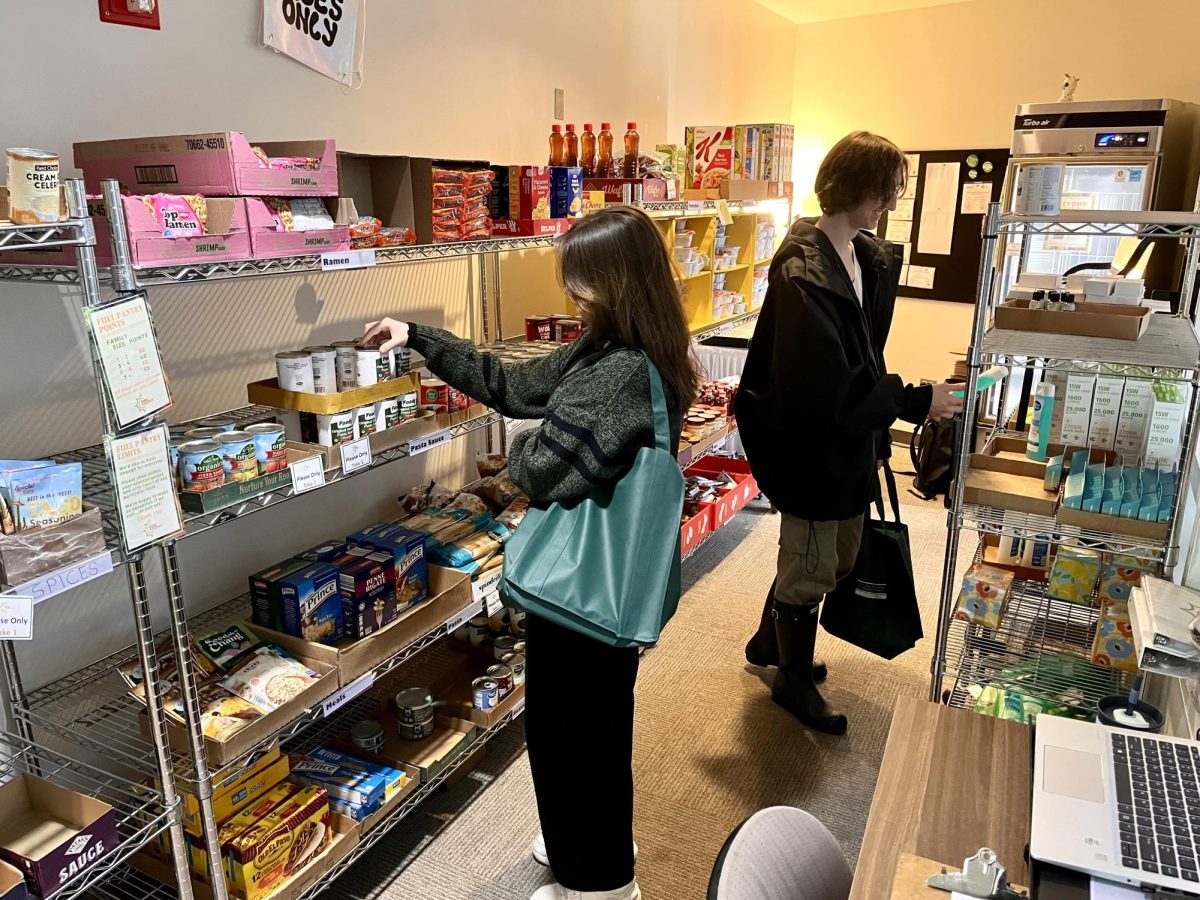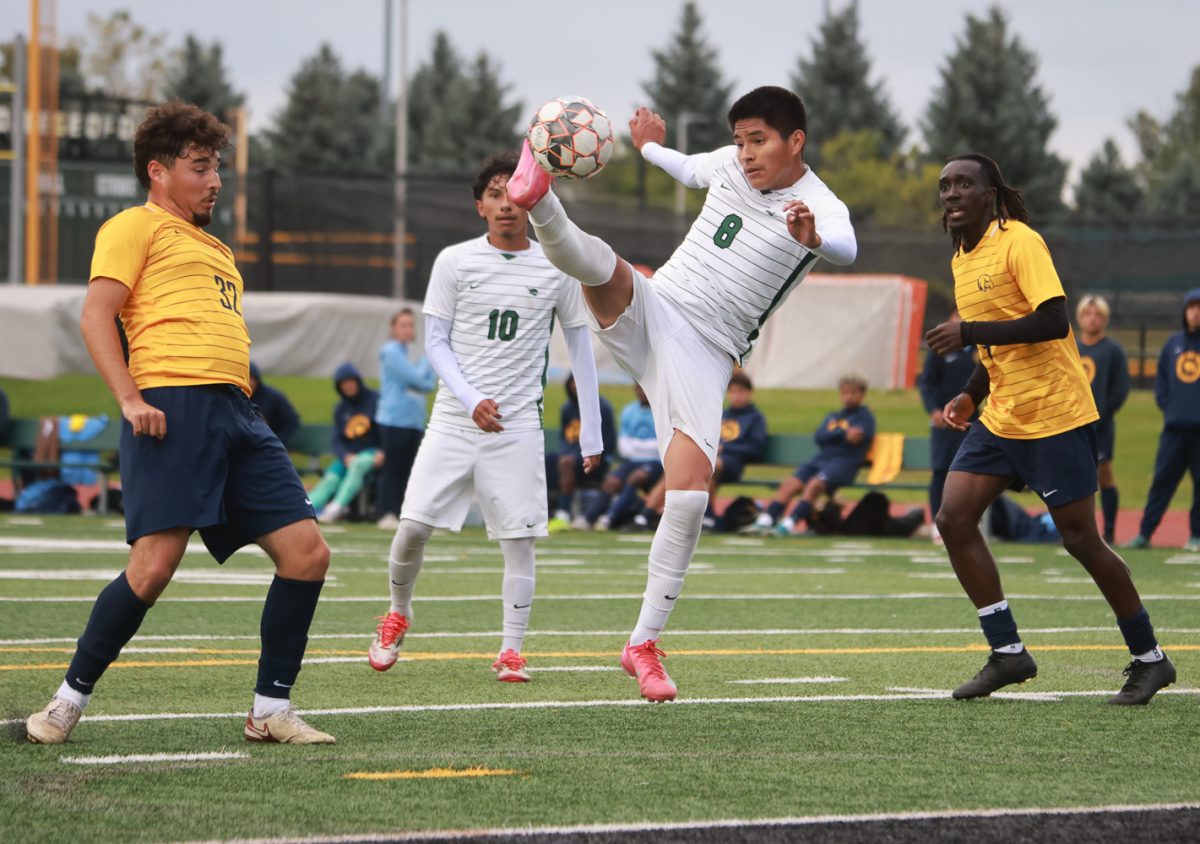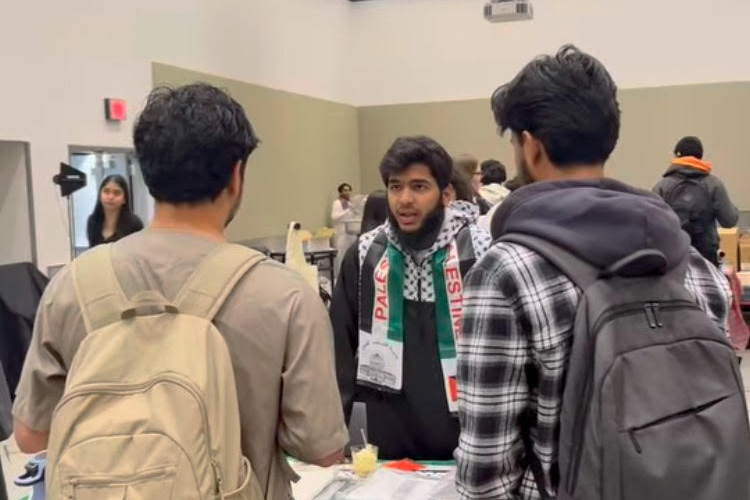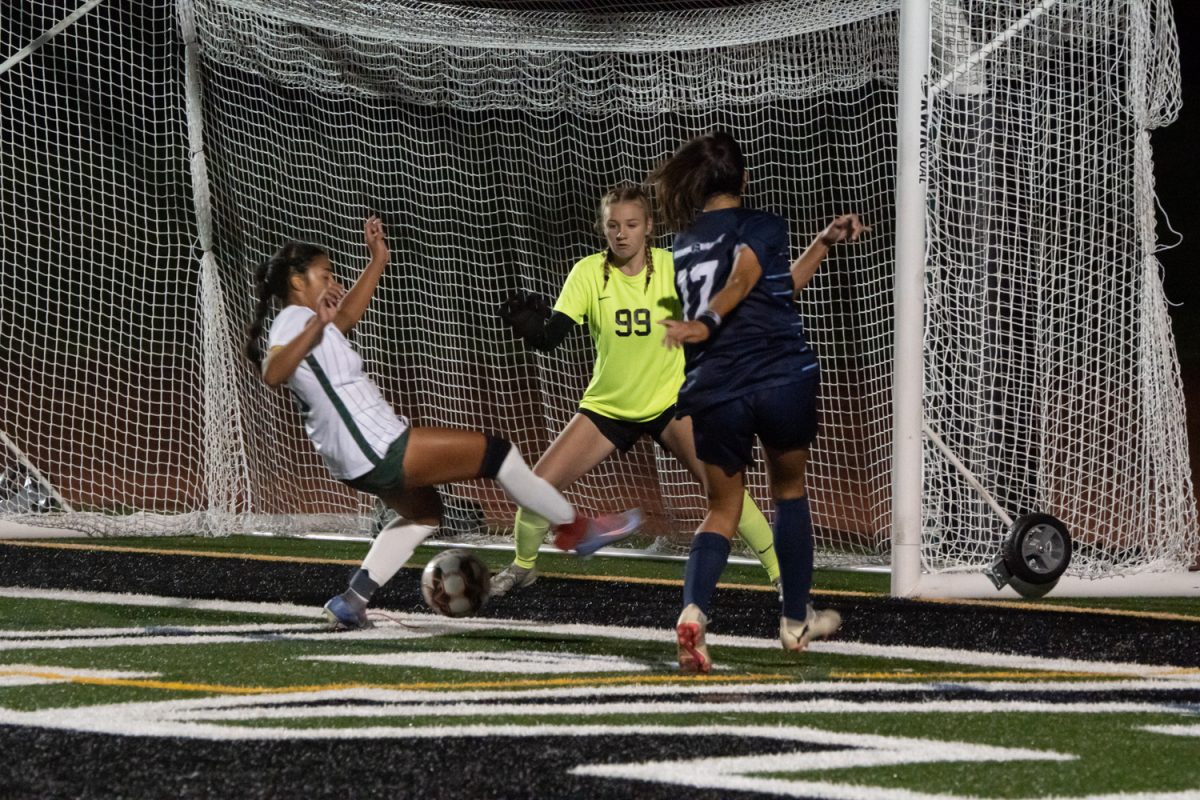“Unveiled,” uncovers the reality living as a Muslim women: COD invites Rohina Malik to perform one woman show
Playwright and actress Rohina Malik, formerly of Skokie and a Niles North High School graduate, prepares April 13, 2011 for a performance at Niles North, where she did three monologues as Muslim women characters. (Chris Walker/Chicago Tribune/MCT via Getty Images)
March 8, 2017
When Rohina Malik was in high school, her heart belonged to theater. In her early thirties, she found herself working as a Montessori school teacher. Her heart remained in performing arts, though she had not touched it since.
As a Muslim woman living in America, the occurrence of anti-Islam hate crimes, personal experiences and dialogue forced Malik to dive back into her old passion. “Unveiled,” a one woman show portraying five Muslim women from different cultures gathered together drinking tea and discussing their personal experiences, was born.
On March 20 from 1 p.m. to 2:30 p.m., in the Student Life Lounge, Malik will be performing “Unveiled.”
“I just said, I have to do something,” said Malik. “The world is passing me by and I am not doing the work I should be doing. And I decided to jump right into writing ‘Unveiled.’”
Each woman represents a different culture, a different way of life. One is a hip-hop artist, another is a career-oriented lawyer, a seamstress, a mother. The thing bringing them together is their faith and their struggles.
Malik differentiates from each character through varying dialects, body movements and various physicality changes.
The inspiration for “Unveiled” was much more personal to Malik than simply witnessing hateful speech and crimes. She had entered the play from a personal place, taking the very first story she had written directly from her own life. Through edits, the story has changed, but the inspiration remained.
Prior to writing, Malik conducted her own research into hate crimes in America. As a result of her studies, she has equated the occurrence of hate crimes due to negative stereotypes and degrading language.
“For a hate crime to happen, it never starts with a weapon,” said Malik. “[When] you have an atmosphere that’s breeding into stereotypes and degrading language, the result can be a murder.
I thought, I have to challenge the negative stereotypes. I have to talk about these things, I have to make people think about when we allow that kind of language to be in the atmosphere, what could happen. I have to have this conversation, and I found theater to be a really powerful way to do that.”
Malik produced the first showing in 2009 at the 16th Street Theater, but she notices today, eight years after the original production, more than ever the play is getting invites across the country.
“Hate crimes have spiked in our country and it’s very disturbing,” said Malik. “It’s bigger than the Muslim community. People see [the play], everybody connects to it from all backgrounds, no matter your ethnicity. We can have conversation and that’s the most important thing. For me, theater is dialogue. You can say what’s on your heart and talk about it.”
The production has been performed across Chicago, South Africa, Canada and has visited Princeton University, Yale University, New York University, DePaul and more.
After each performance, Malik takes time to open up a discussion for audience members so they may ask any questions or share any comments.
One experience stood out to Malik in particular. It was a boy sobbing.
“And he said, ‘I hated Muslims,’” explained Malik. “’I thought you wore the veil to celebrate 9/11.’ He said, ‘I didn’t realize you cover your hair for God and for modesty.’ And he had this completely different perspective on it. And he came up to me and said, ‘I am so sorry. I was so ignorant, I am so sorry.’ It was one of the most powerful moments for me as an artist.”
Malik is currently working on future productions of her work “Yasmina’s Necklace” that will open Sept. 2017 in Chicago.
Malik reflects back on her beginnings, a mother and teacher with a lost passion, and allows it to fuel her message.
“It’s okay to take a wrong turn. Sometimes it’s okay to be unhappy. It’s only when you feel that unhappiness that sometimes you will do anything to make things right for your life. I don’t see it as a wrong turn. Without any formal training in theater, I have a thriving career. It is the work I was meant to do, and everyone saw that in me even when I was 17-years-old and in high school. I wish at that time, I could have seen that in me, but I came back to it.
Last year I turned 40, and I am the most happy at 40, because I know who I am and I am doing what I love. That is my message to college students. Do what you love. The blessings will come. When I’m in the theater, I don’t look at the clock. I could be there forever. That’s my message to COD students: do what you love.”



